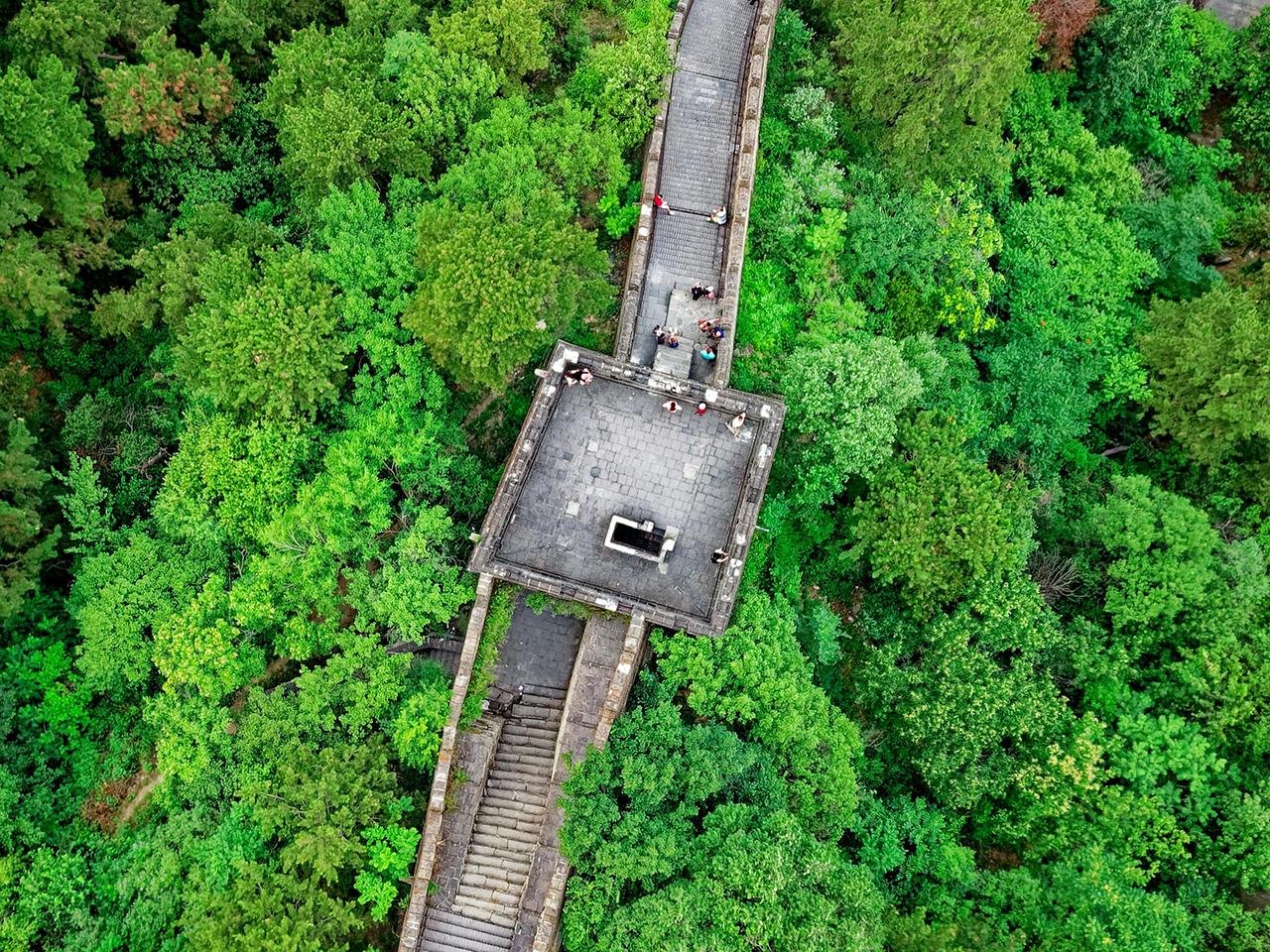By Oju Akpari

In a groundbreaking discovery, archaeologists have uncovered the earliest known segment of the Great Wall of China, pushing back its origins by approximately 300 years. Located in the Changqing District of Jinan, Shandong Province, this newly discovered section dates back to the late Western Zhou Dynasty (1046–771 BCE) and the early Spring and Autumn Period (770–476 BCE).
The excavation, which took place from May to December 2024, covered around 1,100 square meters in the northern part of Guangli Village. This marks the first proactive excavation of the Qi Great Wall after years of preliminary surveys. The research team employed a multidisciplinary approach, using a range of techniques including traditional artifact analysis, soil sampling, plant silica studies, and advanced dating methods such as optically stimulated luminescence (OSL) and carbon-14 dating.
The Qi Great Wall, a UNESCO World Heritage Site, is the oldest and longest segment of China’s ancient fortifications, stretching approximately 641 kilometers across central Shandong. It played a key role in the military strategy of the Qi State during the Eastern Zhou Dynasty.
The excavation revealed distinct phases of wall construction, with the oldest walls, dating back to the Spring and Autumn Period, measuring about 10 meters in thickness. These walls show evidence that their foundations may trace back to the Zhou Dynasty, highlighting the wall’s longstanding defensive significance.
Further discoveries included remains of residential structures beneath the early walls in the northern excavation area. These semi-subterranean dwellings, characterized by square foundations and rounded corners, suggest that the walls were not only a military defense but also played a role in the daily lives of the local inhabitants.
This monumental discovery offers new insights into the early construction of the Great Wall and its pivotal role in shaping ancient Chinese society, revealing how it served both defensive and societal functions in its earliest form.




